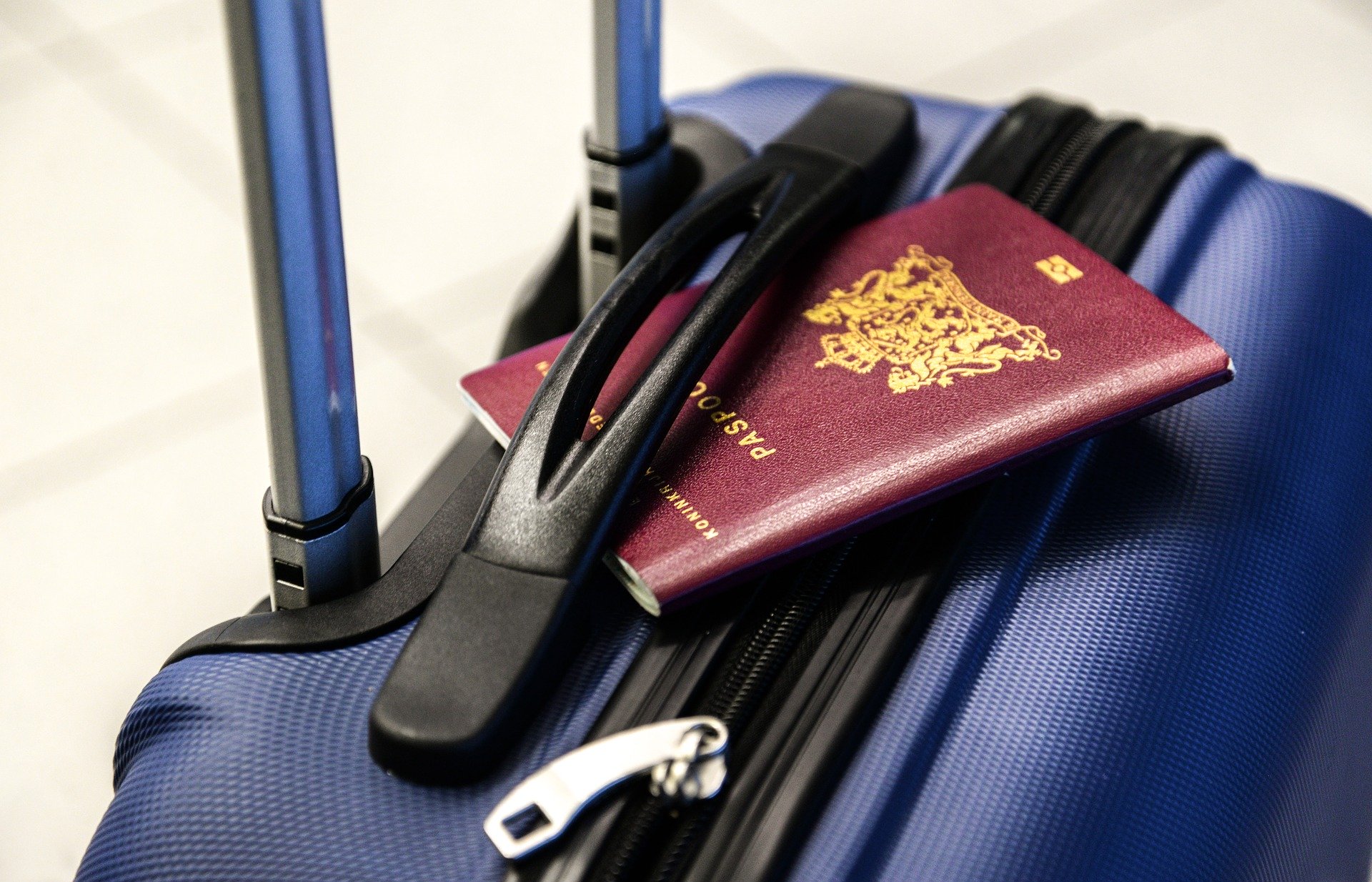Shoulder pain can affect much more than just our comfort. It can limit our ability to pick up our children, carry groceries, or even reach for something on a high shelf. If you’ve been struggling with nagging shoulder pain, there’s a strong possibility it may be due...
A stress fracture is a small crack within a bone. However, unlike acute fractures, which occur from a sudden injury, stress fractures gradually develop over time and are common among athletes, runners, and individuals with physically demanding lifestyles. These tiny,...
Tendons are tough, fibrous tissues that connect muscle to bone and play a critical role in our movement, from helping us swing a tennis racket to allowing us to lift groceries or climb the stairs. But for all their strength and flexibility, tendons are also...
Traveling After A Knee Replacement

Joint replacement surgery is a routine operation that enables hundreds of thousands of patients each year to resume active lifestyles. James McGlynn, M.D., a board-certified surgeon specializing in joint replacement with Premier Orthopaedics at Crozer-Keystone Health System, states, “You never know how a patient will respond to medication and physical therapy after a procedure, but it’s not uncommon for patients to return to activities of daily living as well as travel sooner than expected.” Every person’s situation and recovery are different, so the time when a patient is ready for travel varies. Traveling by plane, train and/or automobile compounded by jet lag can take their toll on anyone, let alone a patient.
Ideally, it’s best to avoid travel for three months after a knee replacement. However, if you’ve had a blood clot before or have an existing medical condition that could predispose you to one – such as obesity, then check with your doctor before packing your bags.
Should your plans involve short or long distances, here are some tips to help you on your way:
* Use a cane
* Book an aisle or bulkhead seat or, better yet, business or first class if possible
* Use wheelchair services at the airport and when available
* Be sure to tell security you had a knee replacement
* Take medication just before boarding and/or long excursions; consider wearing compression socks
* Walk/stretch every half hour in the aisle or on the road to avoid deep vein thrombosis (DVT)
* Avoid large crowds if possible; take your time and use a cane or rely on others as support if such situations present
* Don’t overexert yourself … you want to enjoy yourself, but not pay for it later
As is the case following any procedure, consult your physician regarding your condition and any plans that may impact your recovery. Adhering to doctor’s orders will provide for the most successful recovery and help ensure your quality of life in the long term. Happy travels!
For more information about Premier Orthopaedics at Crozer-Keystone and/or to make an appointment, fill out our appointment form or call 855-255-6468.
